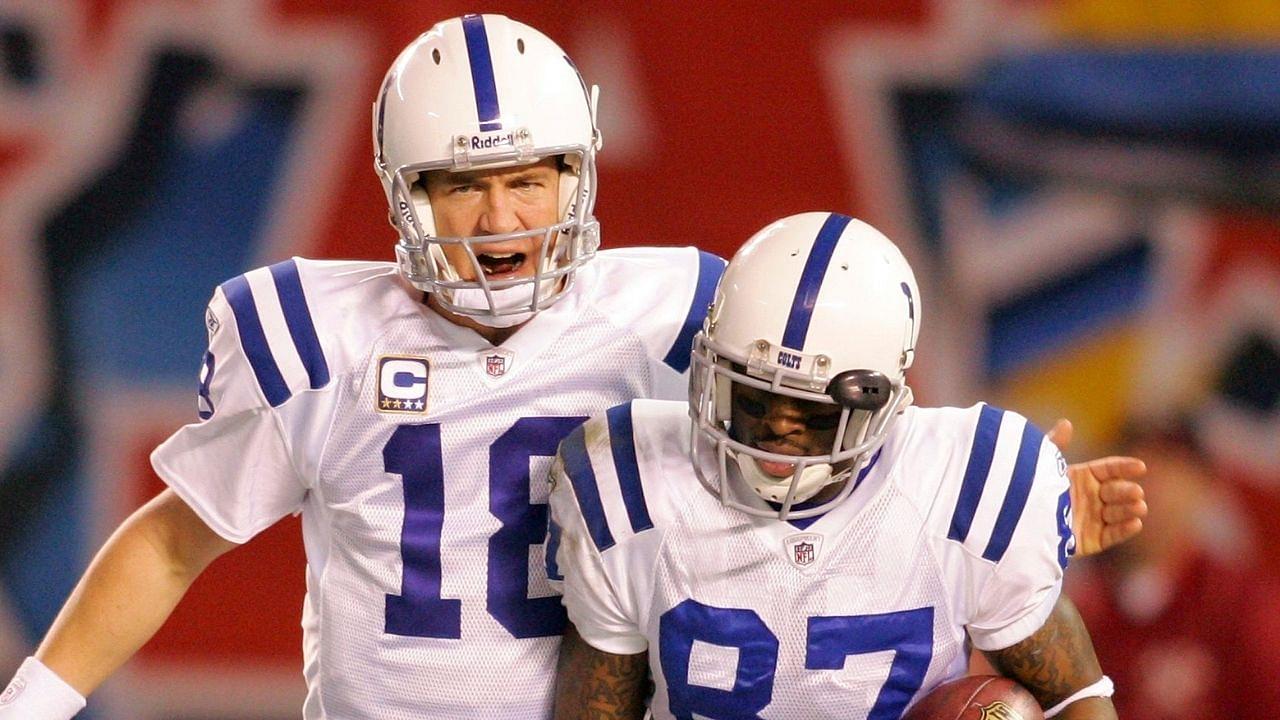Some athletes rise to the top because they’re unnaturally gifted, while others succeed because they’re willing to outwork the competition. Peyton Manning was the latter.
Advertisement
Despite being the first overall pick in the 1998 NFL Draft, Peyton Manning was never particularly athletic. He wasn’t great on his feet and he couldn’t heave the ball as far downfield as other QBs.
Of course the arm talent was always there, but it was his work ethic that truly set him apart from the rest and allowed him to sit at the very top of professional football for so many years.
Manning, like we’ve seen with Tom Brady, was a pocket passer who made the right decisions and threw accurate passes. He never did anything flashy, and instead focused on doing the little things correctly and consistently.
The Sheriff became well known for his lengthy pre-snap adjustments, which were obviously a result of effective film study. He could recognize defenses, play mind games with his opponents, and put the ball exactly where it needed to be.
His success in the NFL was clearly a product of his commitment to keeping his mind and body in excellent shape. Just look at the way he came back from a devastating neck injury, one that could’ve easily been career-ending, to win another Super Bowl 4 years later.
If you’re looking for more anecdotal proof, his former teammates have no shortage of stories about him. This one from Reggie Wayne, who is probably the most important teammate Manning has ever had, is a great testament to his QB’s insane work ethic.
Reggie Wayne Recalls How Seriously Peyton Manning Took His Football Career
“The one story I tell all the time — I feel like Peyton has his day planned out before the day even starts,” Wayne told the Indy Star in 2017. “He knows what time he’s going to wake up, what time he’s going to brush his teeth, what time he’s going to go to the store.”
“That’s how he prepared for games. He wanted to figure out what the defense was going to do before they did it. So the way he prepared kind of got the rest of us to kind of pick up our game as far as preparation. Everything was football to him. He was a workaholic, basically had no social life. That’s one thing you can respect.”
“Did he ever get on your nerves?,” the interviewer asked.
“Every day, man. (Laughs.) It was work. He wanted to be the best. It motivated me to be a better player. He did that for all of us.”







